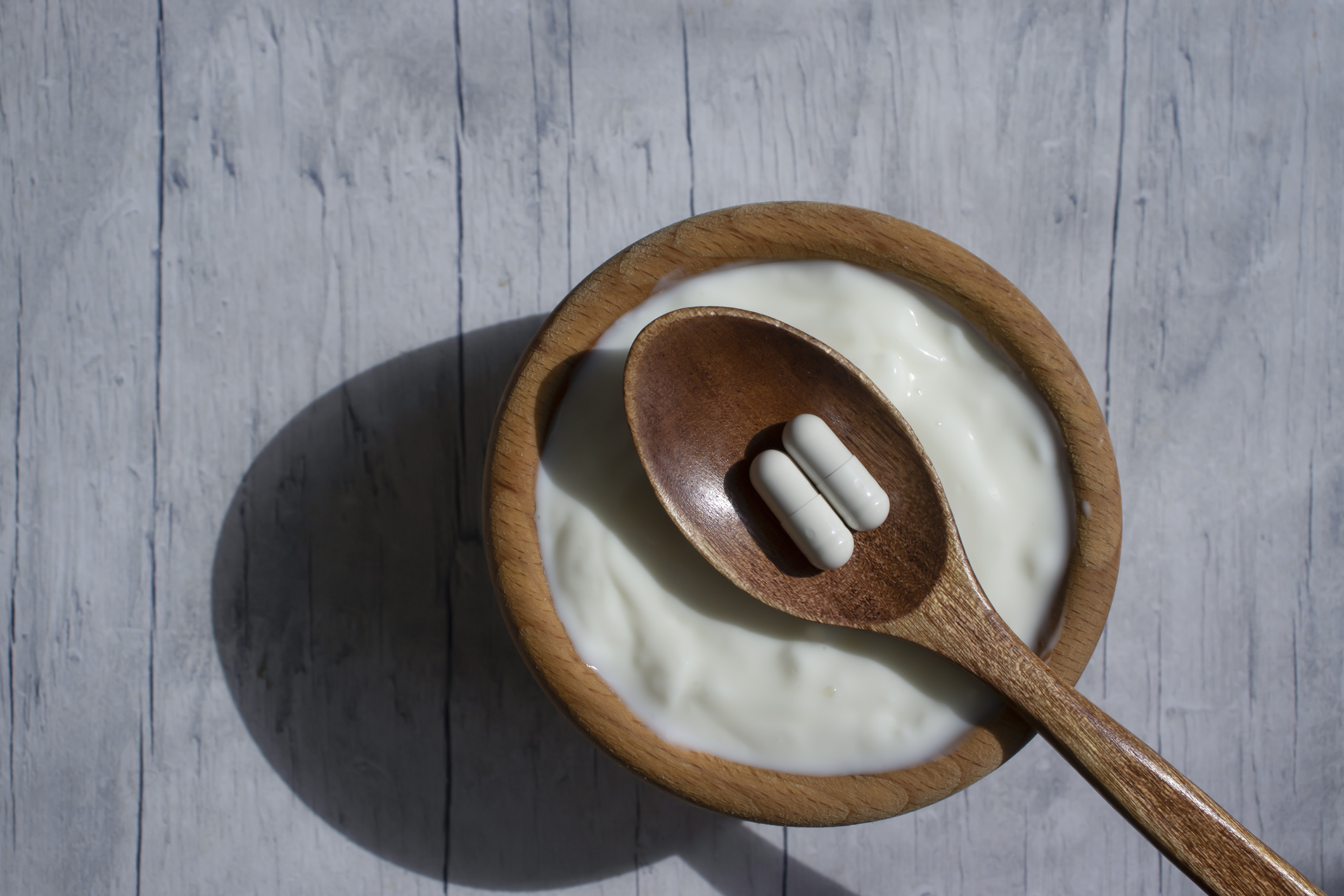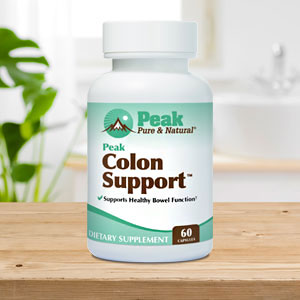Get Easy Health Digest™ in your inbox and don’t miss a thing when you subscribe today. Plus, get the free bonus report, Mother Nature’s Tips, Tricks and Remedies for Cholesterol, Blood Pressure & Blood Sugar as my way of saying welcome to the community!
The effects of probiotics on cholesterol levels

Probiotics are live microorganisms, often referred to as “good” or “friendly” bacteria, that provide numerous health benefits when consumed regularly.
They are primarily known for their role in promoting a healthy gut microbiome, which is essential for overall well-being. The gut microbiome consists of trillions of microorganisms that play a crucial role in digestion, immune function, and even mental health.
Probiotics should not be confused with prebiotics which are typically complex carbohydrates that microorganisms in the gastrointestinal tract use as metabolic fuel. Prebiotics support probiotics and keep them functioning at their best.
Probiotics help maintain a balanced gut microbiota by inhibiting the growth of harmful bacteria, enhancing the gut barrier function, and modulating the immune response.
This balance is vital for preventing gastrointestinal issues like diarrhea, irritable bowel syndrome (IBS), and inflammatory bowel diseases (IBD). Beyond gut health, probiotics have been linked to various other health benefits, including improved heart health, enhanced immune function and reduced inflammation.
Probiotics and Cholesterol: The Research
Recent scientific studies have shown that certain probiotic strains can help lower LDL (bad) cholesterol levels.
One notable study demonstrated that a specific probiotic formulation could reduce cholesterol esters, particularly those associated with saturated fatty acids, which are known to contribute to cardiovascular disease. While LDL declined in this study, HDL (good) cholesterol and triglyceride levels remained unchanged.
Limitations: Addressing Other Risk Factors
While the reduction in bad cholesterol is promising, it’s essential to recognize that probiotics alone do not address all cardiovascular risk factors. High blood pressure, for example, requires its own management strategies, such as lifestyle changes, medication, and dietary adjustments. Smoking might affect the microbiome but is not caused by it.
Meanwhile, although diabetes and obesity may be aided by dysregulation of gut microbe function, overcoming that dysfunction alone (with medications like Ozempic for example) without addressing the reason WHY the microbiome is not working properly in the first place (diet) will cure little. Diabetes and obesity are probably more prebiotic than probiotic-related diseases.
So, probiotics, though beneficial for cholesterol management, should be seen as part of a broader strategy for heart health that includes addressing these other risk factors — and their drivers — as well.
Probiotics: Pill Form vs. Food Form
When it comes to incorporating probiotics into your diet, there are two primary options: probiotic supplements in pill form and probiotic-rich foods. Each has its advantages and potential drawbacks.
Pill Form:
Convenience: Probiotic supplements are easy to incorporate into daily routines and ensure a consistent intake of specific probiotic strains.
Concentration: Supplements can provide higher concentrations of probiotics compared to some foods.
Targeted Strains: They allow for the selection of specific strains known for particular health benefits.
Lack of Context: Consuming any dietary component or supplement outside of its natural food context may diminish the full biologic impact. Plus, if you don’t also change what you eat you will not be addressing the root cause of why your microbiome is messed up in the first place.
These findings suggest that probiotics can effectively target and reduce specific components of cholesterol that are harmful to heart health without adversely affecting other lipid levels in the blood.
Food Form:
Natural Integration: Probiotic-rich foods, such as yogurt, kefir, sauerkraut, kimchi, and kombucha, naturally integrate into meals and snacks.
Additional Nutrients: These foods often come with additional nutrients like vitamins, minerals, and fiber, which can further enhance health.
Palatability: Many people find the taste and texture of probiotic foods enjoyable, making them an easy dietary addition.
Having said all that, research indicates that both forms of probiotics can be effective. Some people may find it easier to take a daily supplement, while others might prefer to consume their probiotics through delicious, nutrient-rich foods. I’m sure you can guess which side I come down on!
Where Step One Foods Fits In: Step One products are not probiotics, but they are full of prebiotics that are natural accompaniments to probiotic-containing foods. For example, putting Anytime Sprinkle on yogurt supplies you not only with probiotics that may help lower cholesterol additionally, but also the specific nutrients those probiotics need to function at their best. Kefir with Smoothie Mix is another winning combination.
We often hear from customers who are blown away by how much better their digestive system functions when using our foods. I’m never surprised. After all, our products not only lower cholesterol in their own right, they also add fiber and provide our microbiome with the nutrients needed to keep everything moving happily along.
Editor’s note: Are you feeling unusually tired? You may think this is normal aging, but the problem could be your master hormone. When it’s not working, your risk of age-related diseases skyrockets. To reset what many call “the trigger for all disease” and live better, longer, click here to discover The Insulin Factor: How to Repair Your Body’s Master Controller and Conquer Chronic Disease!














